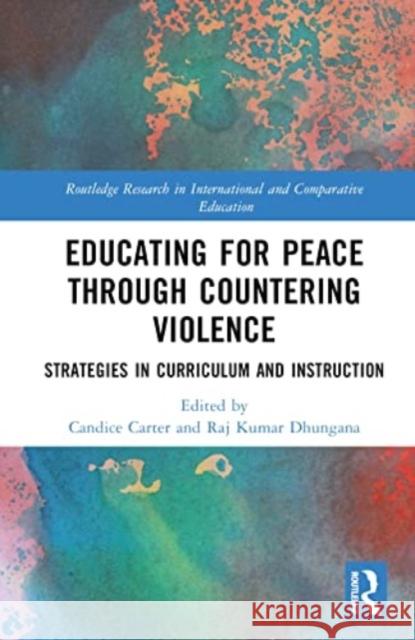Educating for Peace through Countering Violence » książka
topmenu
Educating for Peace through Countering Violence
ISBN-13: 9781032464046 / Twarda / 2023 / 340 str.
Educating for Peace through Countering Violence
ISBN-13: 9781032464046 / Twarda / 2023 / 340 str.
cena 754,51
(netto: 718,58 VAT: 5%)
Najniższa cena z 30 dni: 654,86
(netto: 718,58 VAT: 5%)
Najniższa cena z 30 dni: 654,86
Termin realizacji zamówienia:
ok. 16-18 dni roboczych.
ok. 16-18 dni roboczych.
Darmowa dostawa!
This book advances knowledge about the implementation of peace and non-violence strategies in education that counter violence.











